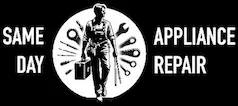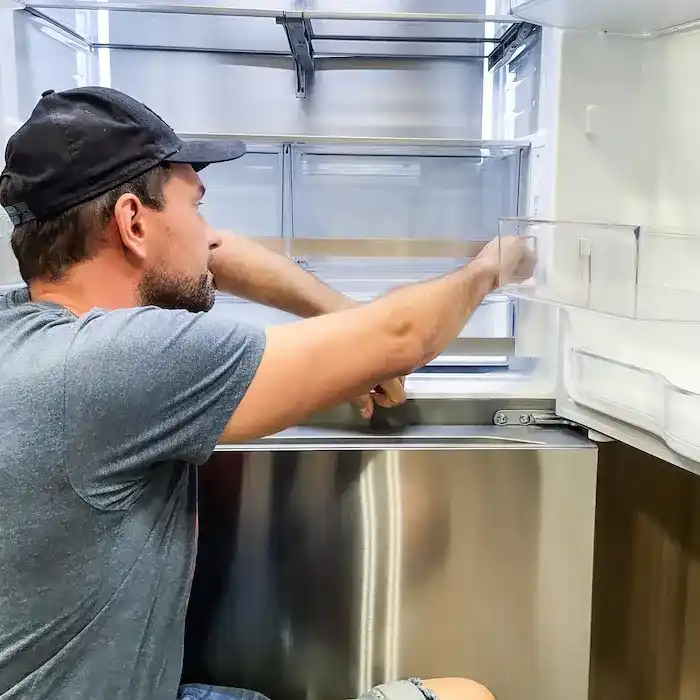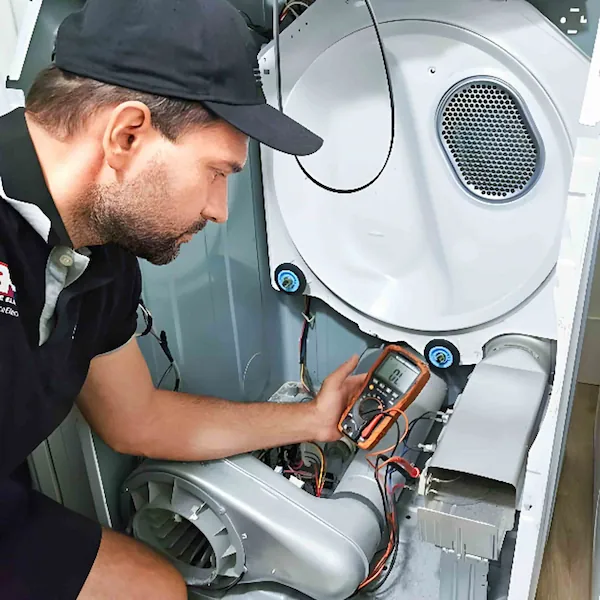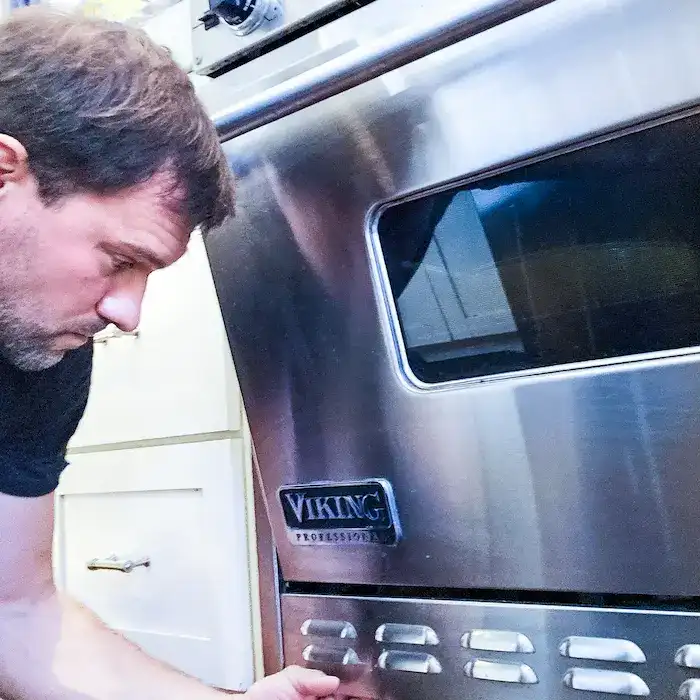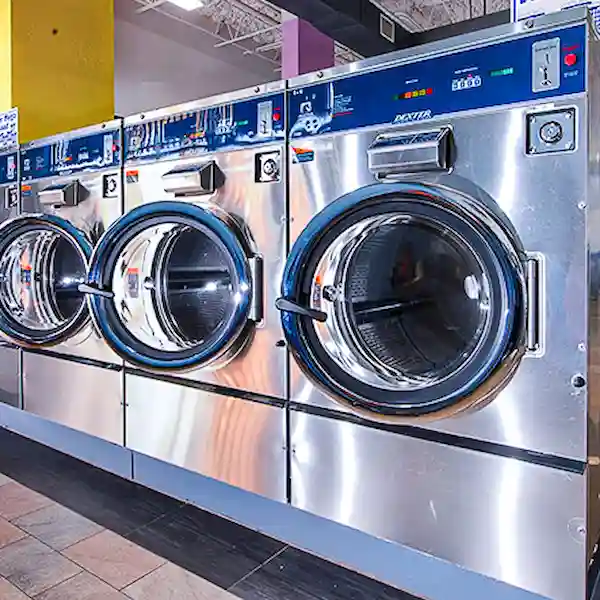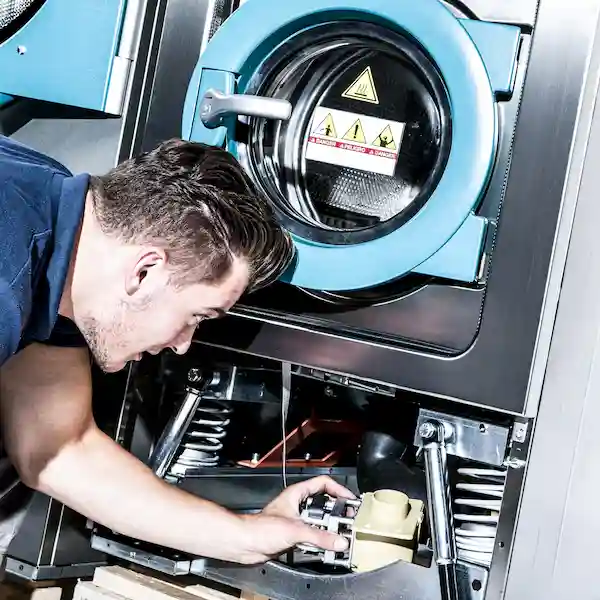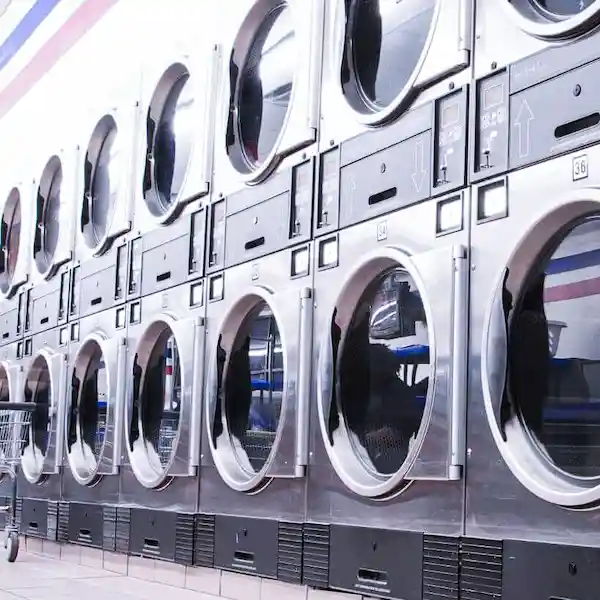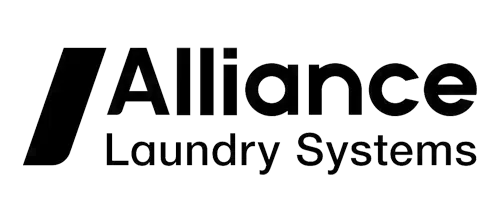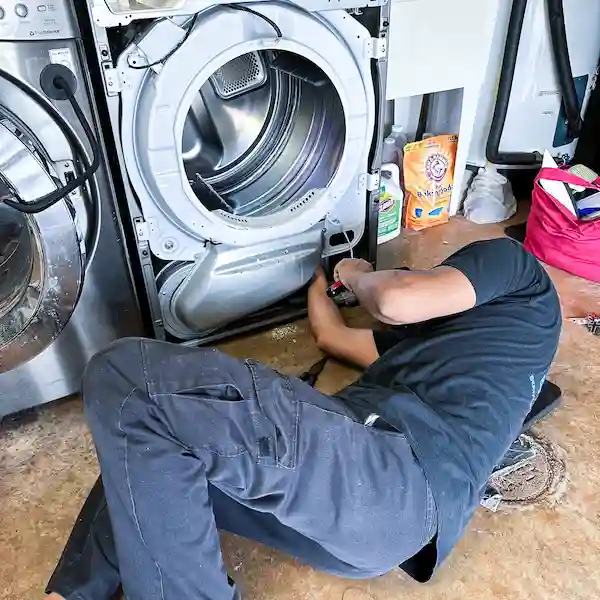Professional Commercial Washer Repair Los Angeles and Nearby Areas
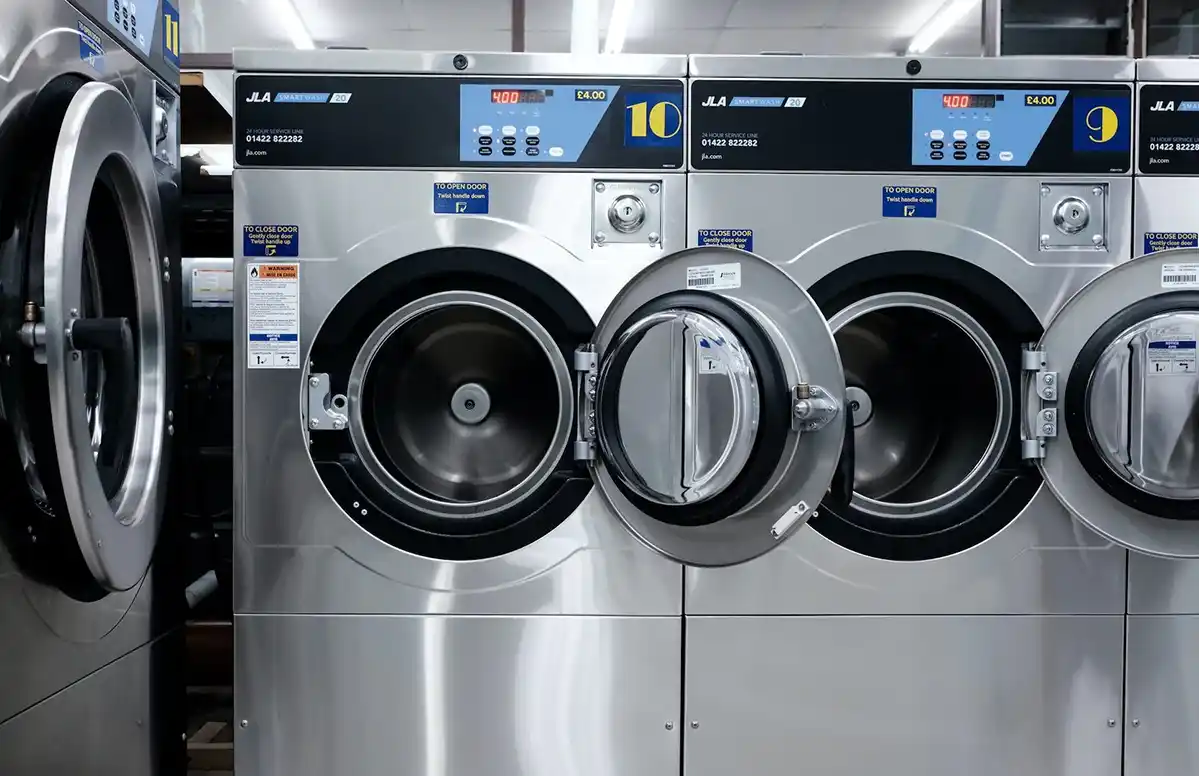
At Same Day Appliance Repair, our highly skilled, factory-trained technicians specialize in commercial washer repair in Los Angeles and nearby areas. We understand the importance of keeping your commercial laundry operations running smoothly. We offer expert commercial laundry repair services tailored to various types of commercial laundry equipment. From top-load washers to coin-operated machines, we diagnose and repair various commercial washing machines, ensuring that your equipment operates efficiently.
Same Day Appliance Repair provides top-tier commercial laundry equipment repair services across Los Angeles. Whether you need commercial washing machine repair, industrial washer repair, or service for coin-operated washers, our team of factory-trained technicians is here to ensure your laundry equipment is running smoothly. Contact us today for fast, reliable repairs!
